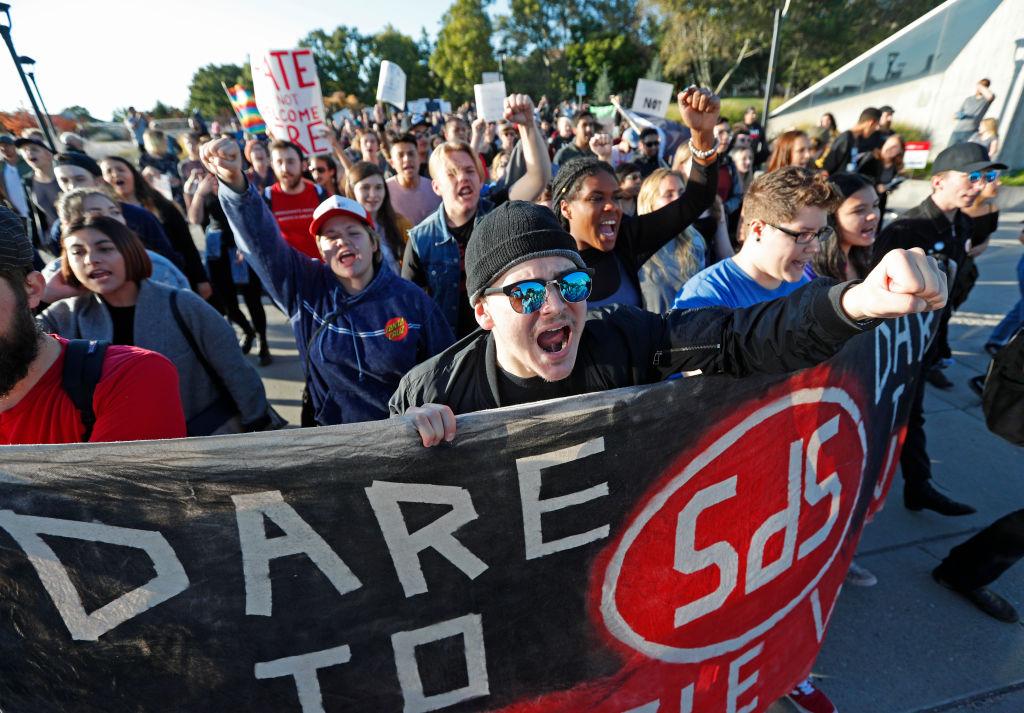Evolutionary psychologist and professor Gad Saad was still a doctoral student when he first came across postmodernism, the school of thought that teaches there is no objective truth. It immediately rang false, and, as a scientist, he saw how postmodernism went against scientific principles.
“Truth can change in science—what we thought was true 300 years ago may have had to be updated today, truth is provisional in science—but we do think there are truths,” Saad said. “Postmodernism rejects that; that’s why I call it the granddaddy of idea pathogens.”






